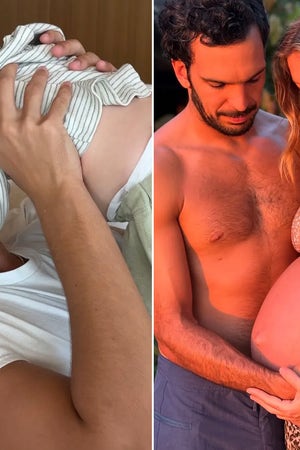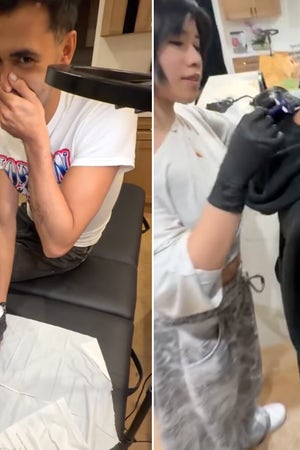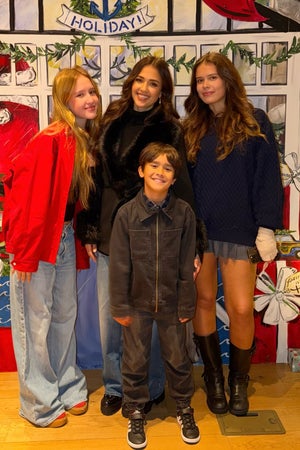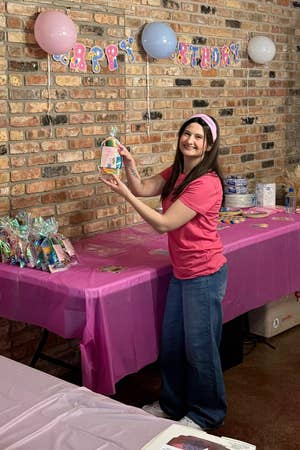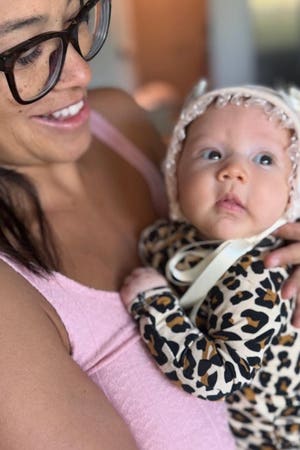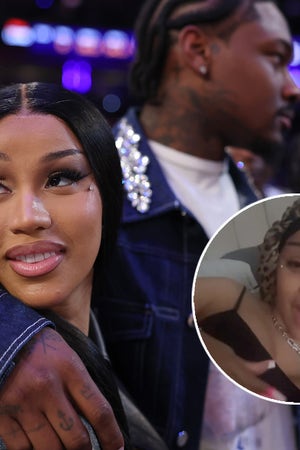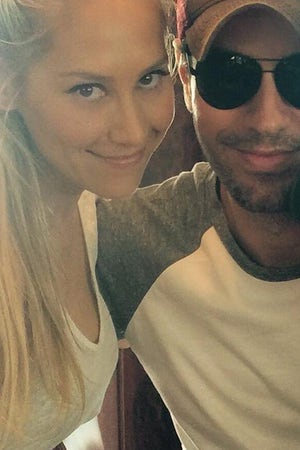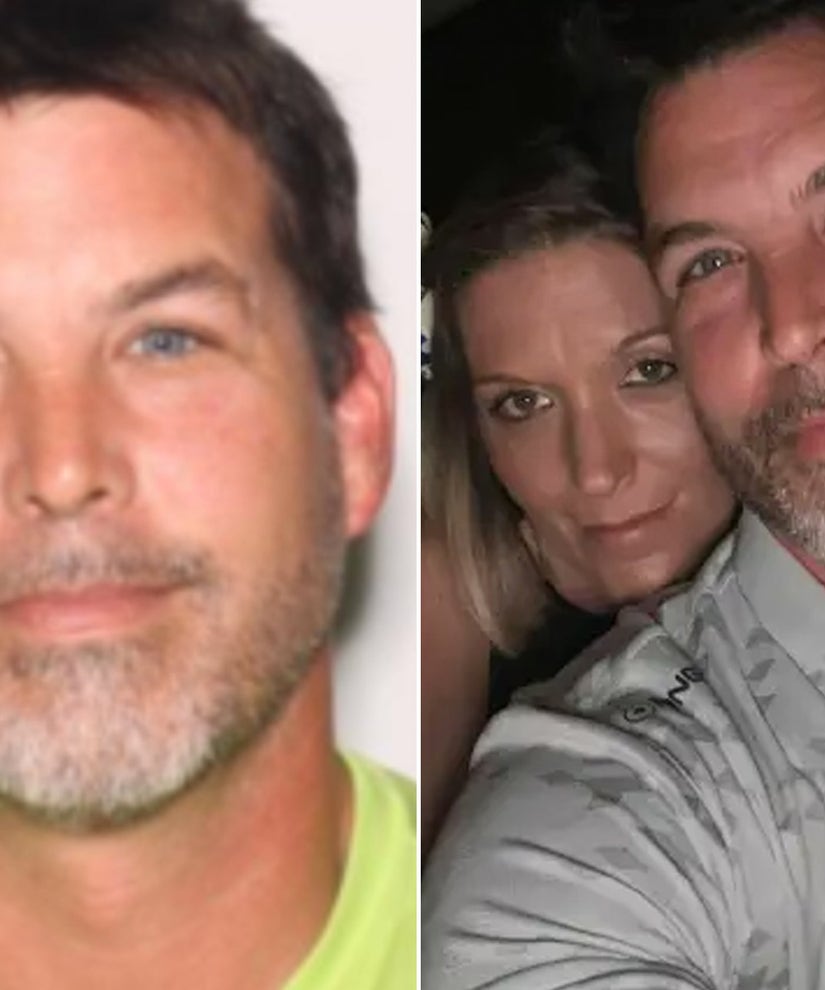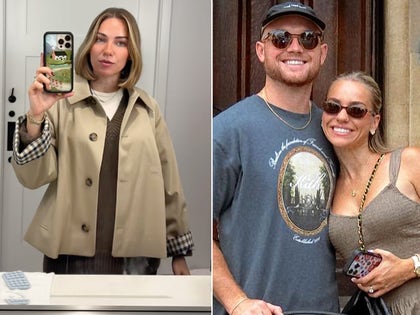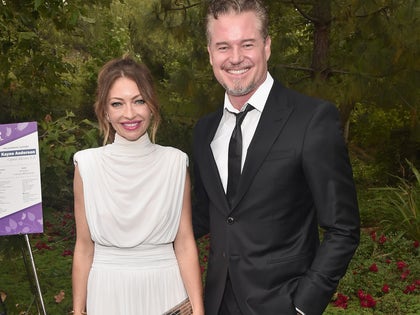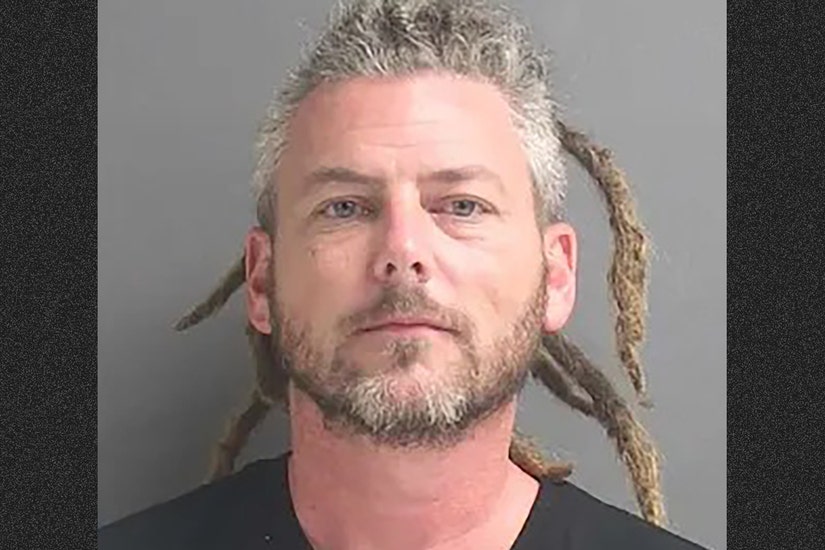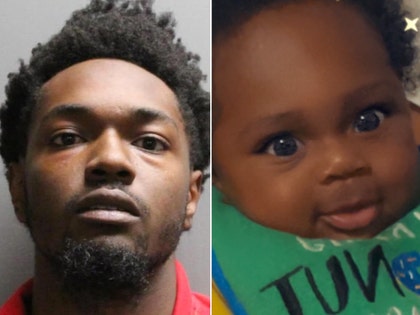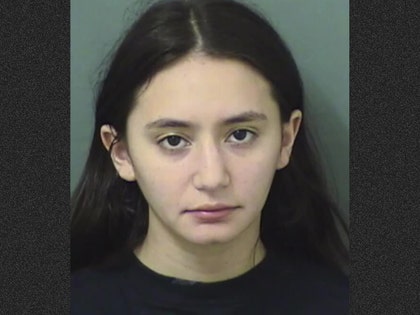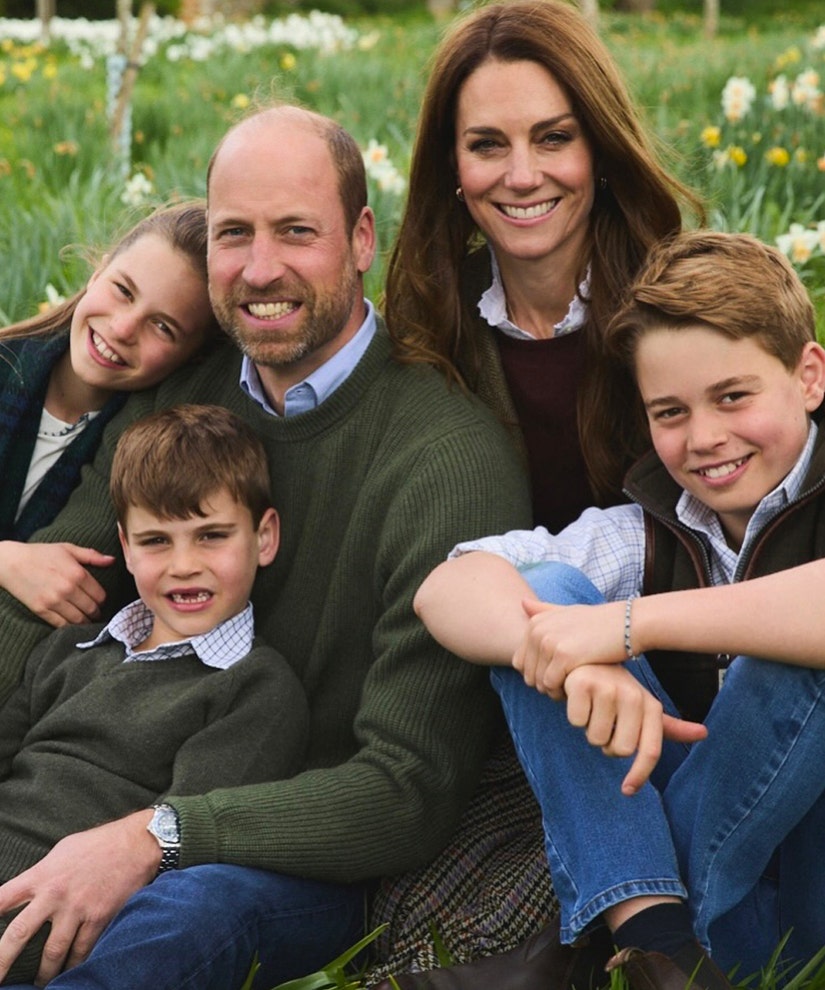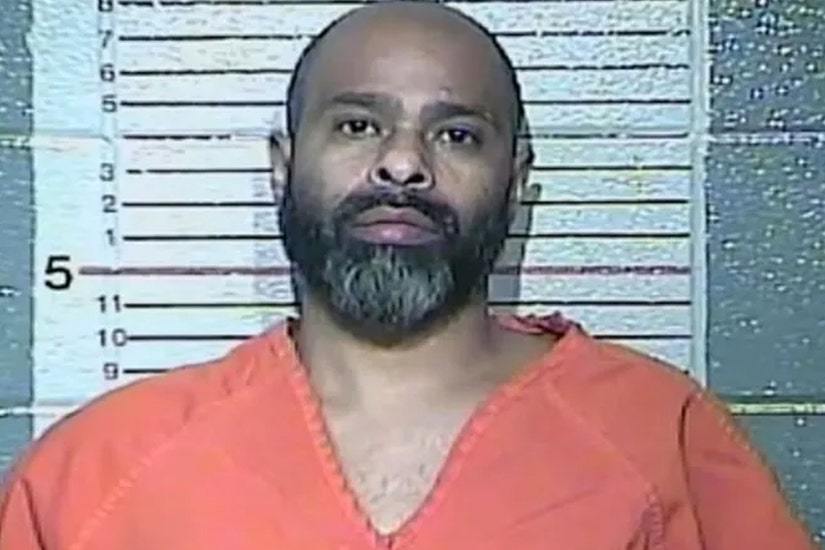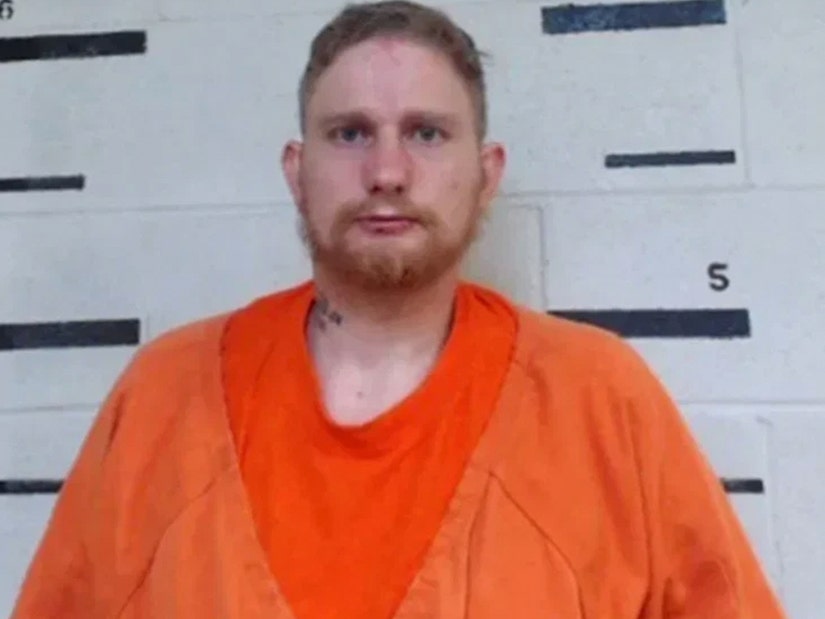 Bibb County Sheriff's Office
Bibb County Sheriff's Office
Investigators reveal more details about the horrific crime scene -- which was littered with the bodies of four children aged 2-9 and that of the suspect's wife -- as well as why Brandon Kendrick allegedly said he did it.
An Alabama father accused of killing his wife, their two children and two child relatives, allegedly claimed the TV made him do it, according to new testimony from investigators.
Brandon Kendrick of Bibb County has been charged with five counts of capital murder for the July 18 shootings of his 24-year-old wife Kelse Kendrick, their two children Kaleb, 6, and Kynli, 2, and his niece and nephew, Haley Daniels, 6, and Colton Daniels, who was just days shy of his 9th birthday.
After Kendrick entered a not guilty by mental disease plea, a preliminary hearing in his case last week revealed new details about the crime -- including why he allegedly told investigators he killed his family.
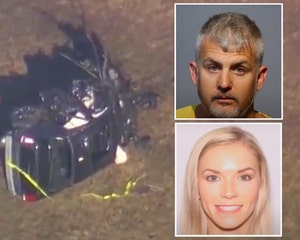 Fox35/Seminole County Sheriff's Office
Fox35/Seminole County Sheriff's Office
Suspect Dies In Crash After Stabbing Estranged Girlfriend 'Up to 70 Times' in Break-In: Sheriff
View Story"He said the TV told him to kill his family, and he said something about radio towers," Alabama State Bureau of Investigation Agent Ivy Hornsby testified, according to AL.com.
According to Hornsby's testimony, most of the family gathered for a pool party celebrating Colton at the home of Kelse's grandfather earlier in the day. While Brandon did not attend and Kelse was meant to stay with relatives overnight, he reportedly called her repeatedly, telling her to come home.
She got back to her family's garage apartment -- located on the property of Brandon's grandfather, Pastor Allan Kendrick -- before a mass shooting 911 call came in at 8:18pm that night.
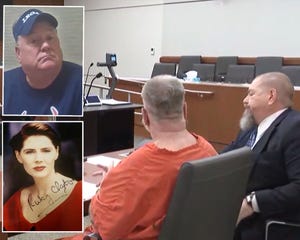 FOX10/Chandler Police Department
FOX10/Chandler Police Department
Man Sentenced After Ex-Roommate's Family Says He Butchered Her Like a Cow, 'Deemed Her Trash'
View StoryHornsby testified he first saw Brandon's wife dead in an ambulance when he arrived on the scene; she had been shot in the back of the head.
He then recalled seeing Kaleb -- who had been shot in his right eye -- dead on the sidewalk outside of the apartment. Inside, he saw Colton between the front door and television on the floor with a gunshot wound to the head and Kynli between a bed and couch, having been shot twice in the head. Hornsby said that by the time he arrived at the scene, Haley had already been rushed to the hospital, but she too died.
The testimony reportedly brought family members at the hearing to tears.
Of his interview with Brandon after his arrest, Hornsby reportedly said, "He was reluctant to go into detail, but said he shot his wife, his children, and his niece and nephew." Hornsby added that Kendrick didn't appear under the influence at the time.
The investigator also reacted to claims from Brandon's grandfather that Kendrick called 911 asking for help, with Brandon's lawyer saying he reported having a mental breakdown. Hornsby reportedly said he heard about the call, but hadn't yet investigated it.
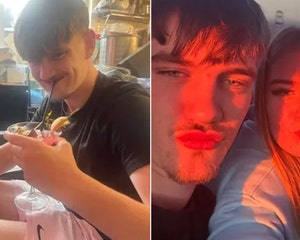 GoFundMe
GoFundMe
Mystery Surrounds Man, 20, Found Dead at Bottom of Elevator Shaft In Just His Boxers
View StoryPastor Kendrick previously spoke about the incident while addressing his congregation back in July, one week after it happened.
"Ten minutes before I heard a gunshot, my grandson was sitting in my bedroom with me and Gay, laughing, talking, talked about the first time we ever took him to a restaurant for his 13th birthday," he said, claiming his grandson had survived a childhood of sexual, physical and emotional abuse.
"We were laughing and talking. His wife had gotten home. She laughed and talked with us and left. He got up 10 minutes later, and we heard pow," he continued, per WBRC. "I told Gay that there was a gunshot there. He walked in with a gun in his hand. She was closest to him. She grabbed the gun, and it went off. I don't know how it kept from hitting her."
"I was able to subdue him. And once that happened, he didn’t know where he was at. He started asking me and Gay where he was at," said the pastor, claiming his grandson was asking about his wife and whether he did anything "wrong."
Kendrick didn't speak during the hearing, during which a judge found probable cause for the case to go to before the grand jury.
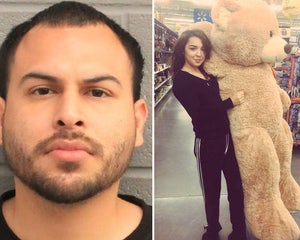 Harris County District Attorney Office
Harris County District Attorney Office


